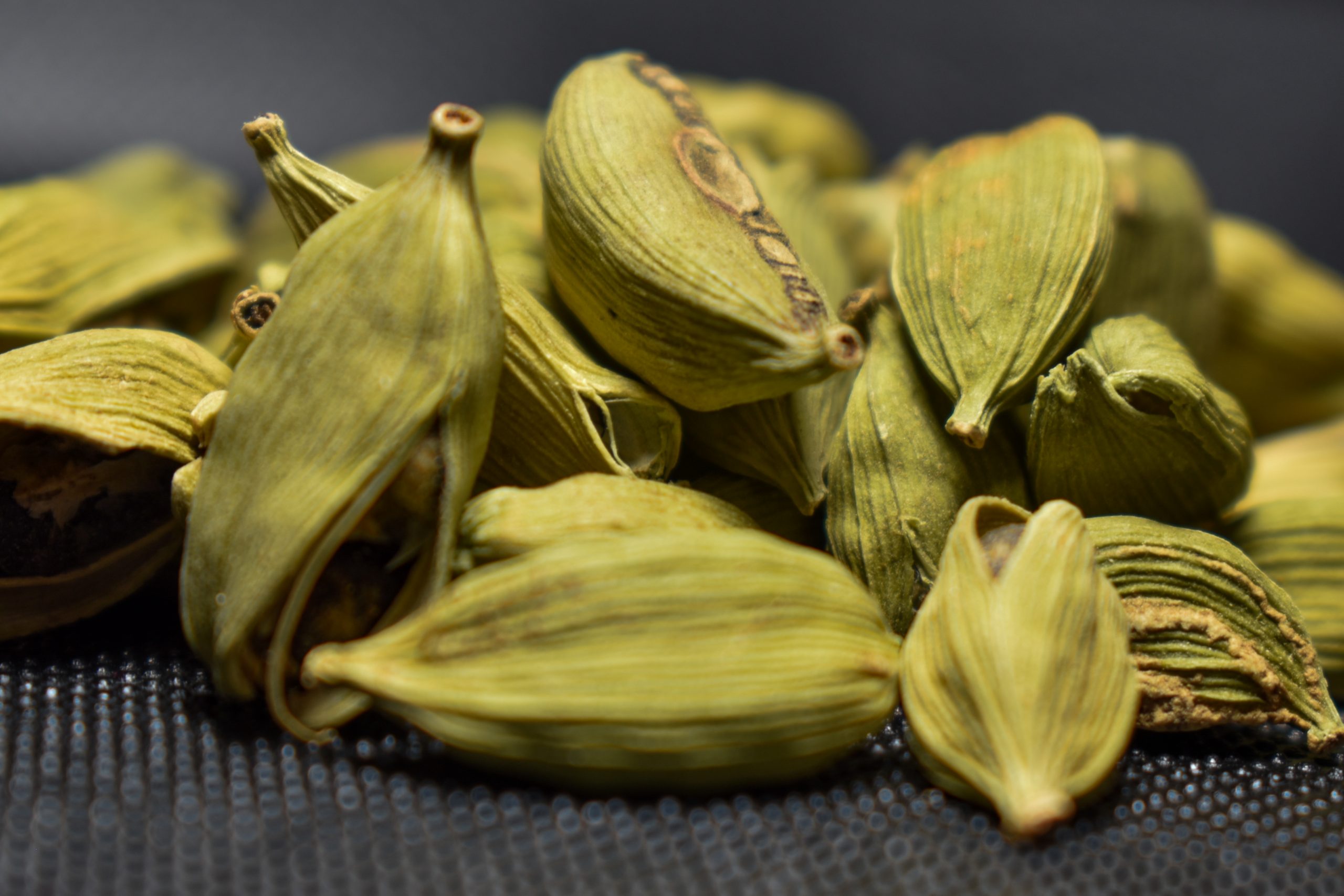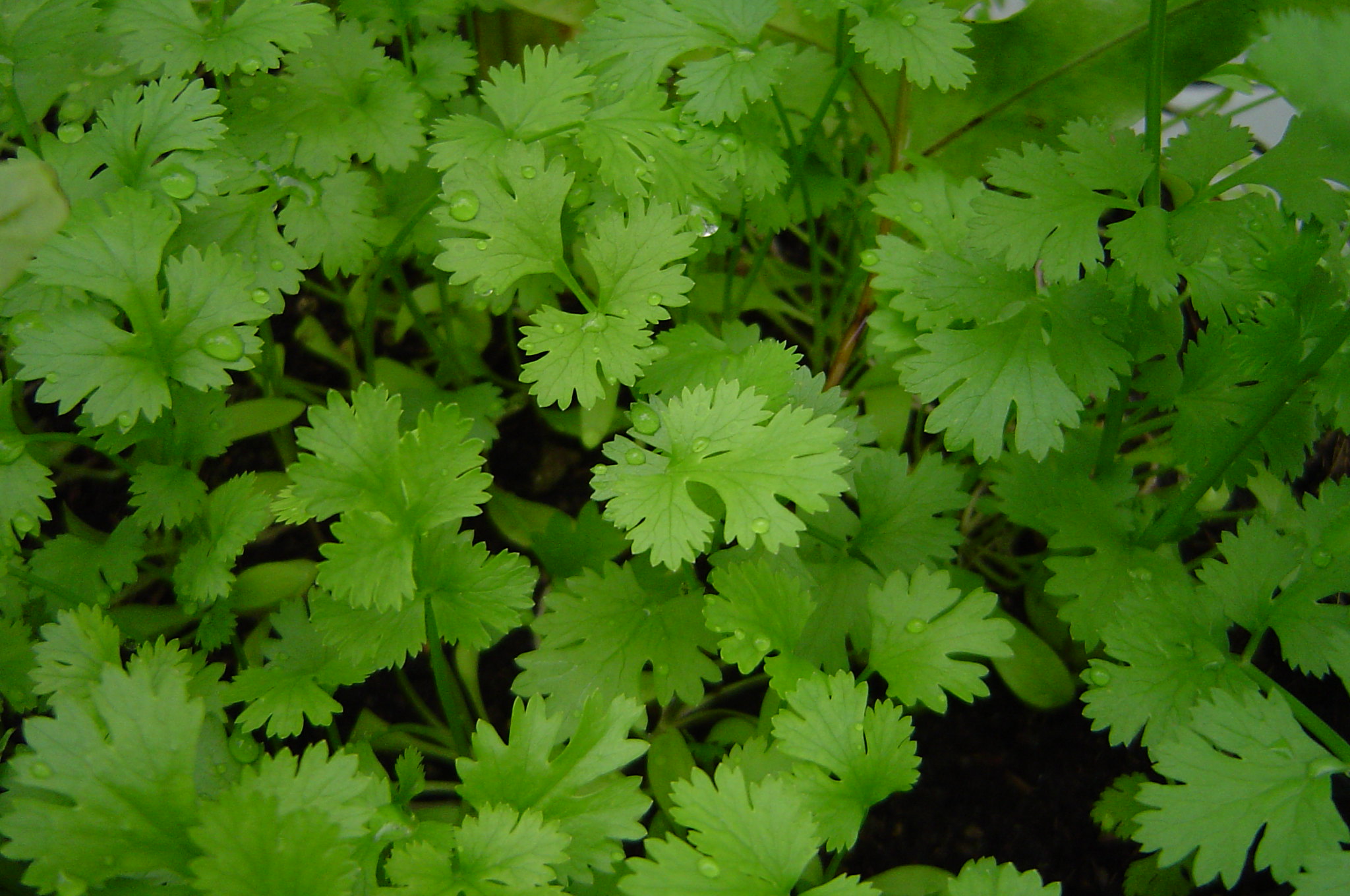
Introduction: 🌱✨ Cardamom, a fragrant spice derived from the seeds of various plants in the Zingiberaceae family, has been prized for centuries not only for its captivating aroma but also for its numerous potential health benefits. From aiding digestion and freshening breath to supporting respiratory health and promoting antioxidant activity, cardamom is a spice that offers both culinary delight and a wide range of wellness advantages. In this comprehensive blog post, we will delve into the fascinating benefits of cardamom, exploring its digestive support, anti-inflammatory properties, potential role in heart health, blood sugar regulation, respiratory health, oral health, and more. Get ready to discover the hidden treasures of cardamom and embrace its aromatic allure as a valuable addition to your holistic well-being!
Digestive Support and Gut Health: 🌱 Cardamom has long been celebrated for its ability to support digestive health and promote a healthy gut 🌿🌸. The essential oils present in cardamom, such as cineole and terpinene, help stimulate the secretion of digestive enzymes, facilitating the breakdown of food and the absorption of nutrients. These properties make cardamom effective in alleviating digestive issues like indigestion, bloating, and flatulence, promoting overall digestive comfort. Furthermore, cardamom’s carminative properties can help soothe the stomach and ease gastrointestinal discomfort, making it a valuable spice for those with digestive concerns. 🌼💆
Anti-inflammatory and Antioxidant Effects: 🌱 Cardamom boasts an impressive array of antioxidants, including compounds like terpenoids, flavonoids, and phenolic acids. These antioxidants play a crucial role in neutralizing harmful free radicals in the body, thereby reducing oxidative stress and inflammation. By combatting inflammation, cardamom may contribute to the prevention and management of chronic conditions such as heart disease, diabetes, and certain types of cancer. Additionally, cardamom’s antioxidant properties can help protect cells from damage caused by free radicals, supporting overall cellular health and well-being. 🌱🔥🌿
Respiratory Health and Congestion Relief: 🌱 Cardamom has been traditionally used to support respiratory health and provide relief from congestion 🌱🌬️💨. Its expectorant properties can help loosen mucus, promote productive coughing, and ease breathing. By clearing the respiratory passages, cardamom can provide relief from respiratory ailments such as asthma, bronchitis, and congestion associated with the common cold. The soothing and decongestant effects of cardamom make it a valuable spice for maintaining healthy respiratory function.
Cardiovascular Health and Cholesterol Regulation: 🌱 Research suggests that cardamom may play a role in supporting heart health and regulating cholesterol levels. Studies have shown that cardamom can help lower blood pressure and improve lipid profiles by reducing total cholesterol and triglyceride levels. These beneficial effects are thought to be due to cardamom’s antioxidant and anti-inflammatory properties, which contribute to better heart health and reduced risk of cardiovascular diseases. Additionally, cardamom may help prevent the formation of blood clots and improve blood circulation, further supporting cardiovascular well-being. ❤️🌱💓
Blood Sugar Regulation and Diabetes Management: 🌱 Cardamom has also shown promise in regulating blood sugar levels and aiding in the management of diabetes. Research suggests that cardamom may improve insulin sensitivity and enhance glucose metabolism, leading to better blood sugar control. The active compounds in cardamom, such as terpenes and flavonoids, have been found to exert hypoglycemic effects, making cardamom a potentially valuable spice for individuals with diabetes or those at risk of developing the condition. However, further research is needed to fully understand the mechanisms and optimal dosage for cardamom’s role in blood sugar regulation. 🌱🩸🍬
Oral Health and Fresh Breath: 🌱 Cardamom’s natural antimicrobial properties make it a valuable spice for maintaining oral health and freshening breath. Chewing on cardamom seeds or using cardamom-infused mouthwashes can help combat bad breath by eliminating odor-causing bacteria in the mouth. Additionally, cardamom’s aromatic properties provide a refreshing and pleasant fragrance that can help mask unpleasant breath odors. Incorporating cardamom into your oral hygiene routine can contribute to overall oral health and leave you with a clean and fresh mouth. 😁🌱🦷
Incorporating Cardamom into Your Diet: 🌱 There are various ways to incorporate cardamom into your daily diet and enjoy its benefits:
- Spice Up Your Dishes: Add ground cardamom to your favorite dishes, such as curries, stews, soups, baked goods, and beverages. It pairs particularly well with sweet and savory dishes alike, imparting a distinct and pleasant aroma.
- Cardamom Tea: Brew a soothing cup of cardamom tea by crushing a few cardamom pods and steeping them in hot water. You can enjoy it plain or with a touch of honey and lemon for added flavor.
- Smoothies and Beverages: Enhance the taste and aroma of your smoothies, juices, and other beverages by adding a pinch of ground cardamom. It pairs well with fruits like bananas, oranges, and mangoes, infusing your drinks with a delightful twist.
- Cardamom-infused Desserts: Add cardamom to your dessert recipes, such as cookies, cakes, puddings, and ice creams, to infuse them with a unique and exotic flavor. The warm and aromatic notes of cardamom can elevate the taste of your sweet treats.
Precautions and Considerations: 🌱 While cardamom is generally safe for consumption, it’s important to consider the following:
- Individual Sensitivities: Some individuals may have allergies or sensitivities to cardamom. If you experience any adverse reactions after consuming cardamom, such as itching, swelling, or difficulty breathing, discontinue use and seek medical attention.
- Moderation: As with any spice, it’s advisable to consume cardamom in moderation as part of a balanced diet. Excessive intake may lead to gastrointestinal discomfort or interact with certain medications.
Conclusion: 🌱✨ Cardamom is not just a culinary delight but also a spice that offers a multitude of potential health benefits. From promoting digestive support and reducing inflammation to supporting heart health, aiding in blood sugar regulation, supporting respiratory health, and contributing to oral health, cardamom has earned its reputation as a valuable ingredient for holistic well-being. By incorporating cardamom into your daily diet and embracing its aromatic allure, you can not only enhance the flavors of your meals but also harness the potential wellness advantages it offers. Spice up your life with cardamom and enjoy the fragrance, taste, and health benefits it brings to your overall well-being. 🌱🌿💖











